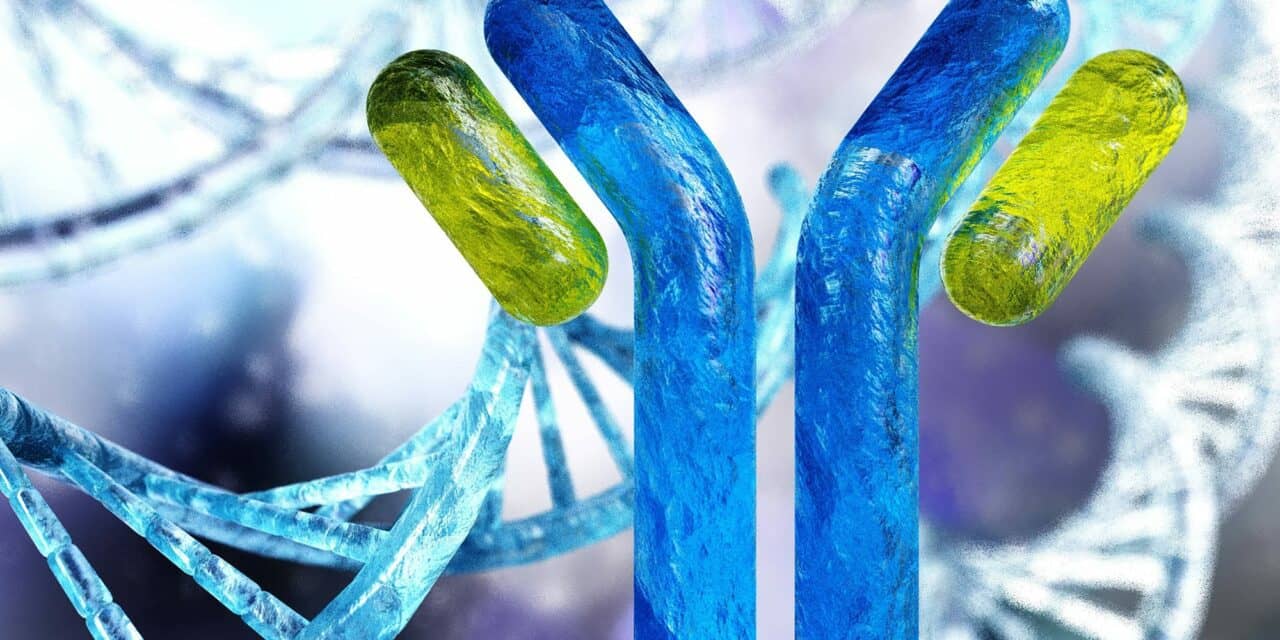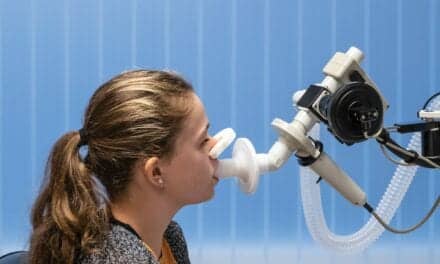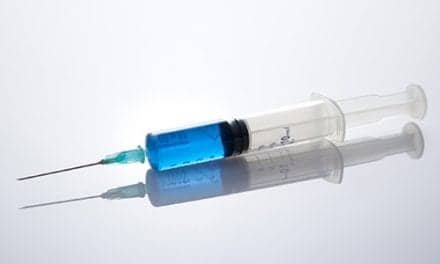AZD7442, a monoclonal antibody cocktail against the COVID-19 virus, reduced the risk of symptoms in a study of immunocompromised and chronically ill adults later exposed to the virus by 77%, according to AstraZeneca.
Based on the positive results from the PROVENT Phase III trial, the company will seek regulatory approval for AZD7442, a combination of two long-acting antibodies, as a one-dose pre-exposure prophylaxis that for chronically ill people may be more effective than a vaccine.
AZD7442 is the first antibody combination (non-vaccine) modified to potentially provide long-lasting protection that has demonstrated prevention of COVID-19 in a clinical trial, company officials said. The trial included more than 5,000 participants. More than 75% had conditions that can cause a reduced immune response to vaccination.
Delivered by intramuscular injection, the antibody treatment was well tolerated with only minor side effects and could afford up to 12 months of protection from COVID-19, company officials said. Preliminary laboratory findings also suggest that AZD7442 can neutralize recent emergent variants of the virus, including the delta variant, they said.
Myron J. Levin, MD, Professor of Pediatrics and Medicine, University of Colorado School of Medicine, US, and principal investigator on the trial, said: “The PROVENT data show that one dose of AZD7442, delivered in a convenient intramuscular form, can quickly and effectively prevent symptomatic COVID-19. With these exciting results, AZD7442 could be an important tool in our arsenal to help people who may need more than a vaccine to return to their normal lives.”
“It’s deeply gratifying to see the antibodies we isolated under challenging circumstances, in the middle of the international lockdown last spring, protecting the most vulnerable amongst us,” said James Crowe Jr., MD, director of the Vanderbilt Vaccine Center who led the VUMC research effort. “This single-shot prevention is likely to be a game changer for at-risk patients.”










